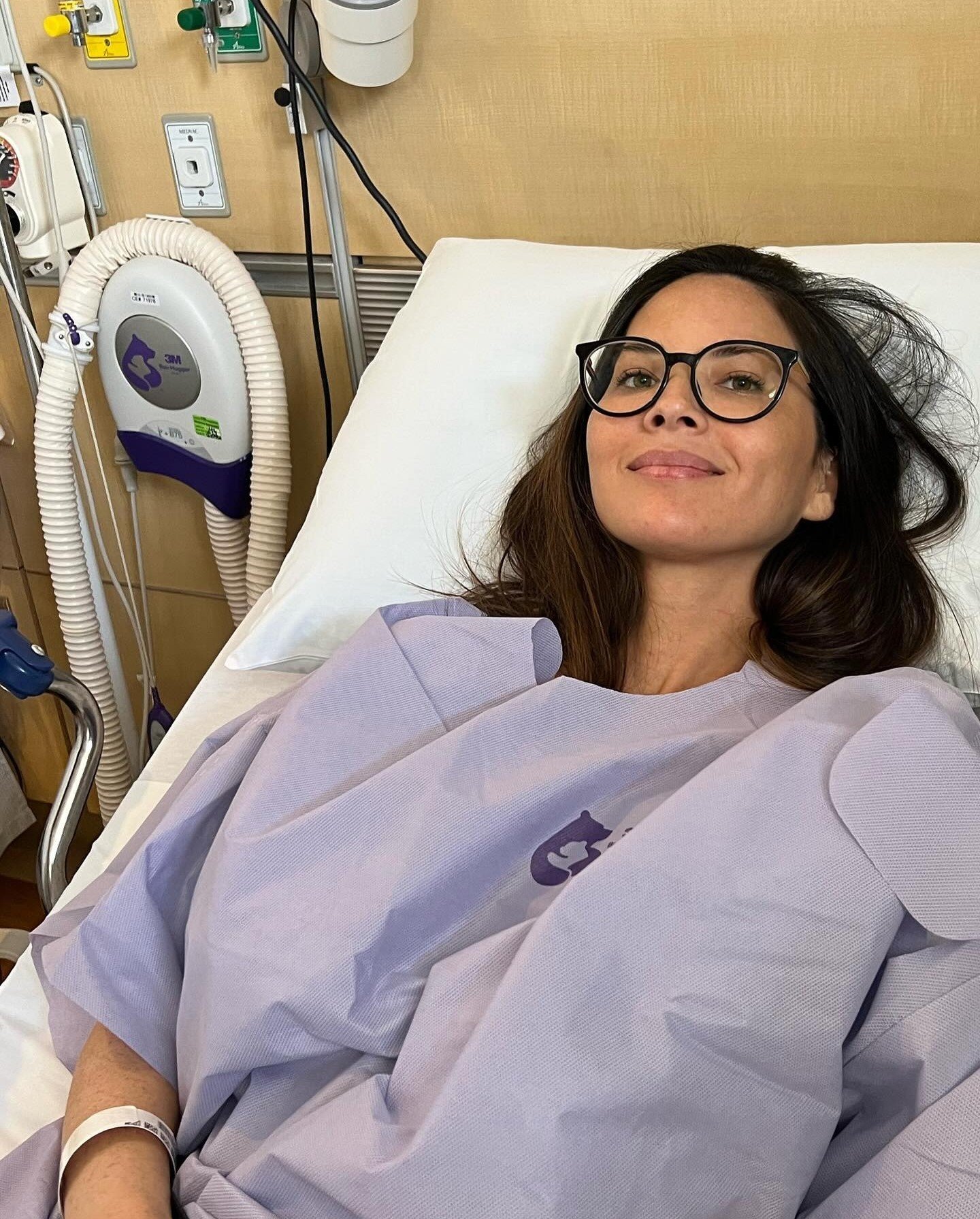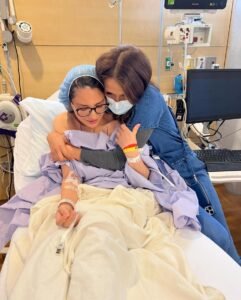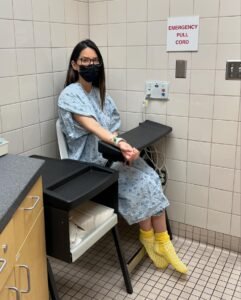
Olivia Munn:
In a candid Instagram post, actress Olivia Munn shared her battle with breast cancer, shedding light on the critical role of early detection and the significance of utilizing breast cancer risk assessment tools. At the age of 43, Munn’s diagnosis of Luminal B breast cancer came as a shock, prompting her to undergo four surgeries, including a double mastectomy, within the span of 10 months.

Munn’s journey began in February 2023 when she took a genetic test alongside her sister Sara, screening for 90 different breast cancer genes. Despite receiving negative results for known mutations like BRCA1 and BRCA2, her subsequent normal mammogram failed to detect her cancer. It was only through the intervention of her OB/GYN, Dr. Thaïs Aliabadi, who calculated her Breast Cancer Risk Assessment Score, that Munn’s cancer was diagnosed early.
The Breast Cancer Risk Assessment Tool (BCRAT), also known as the Gail Model, serves as a crucial instrument for estimating a woman’s risk of developing breast cancer. By considering factors such as age, family history, and reproductive history, healthcare professionals can identify individuals at heightened risk and recommend appropriate screening measures.

In Olivia Munn’s case underscores the importance of proactive healthcare practices and the limitations of relying solely on traditional screening methods. Despite negative genetic testing and a normal mammogram, her Breast Cancer Risk Assessment Score revealed a lifetime risk of 37%, prompting further evaluation. This demonstrates the value of comprehensive risk assessment in detecting cancers that may go unnoticed by routine screenings alone.
Luminal B breast cancer, the subtype identified in Olivia Munn’s diagnosis, represents a more aggressive form of the disease. While accounting for a smaller percentage of breast cancer cases, Luminal B tumors grow rapidly and require urgent treatment. Munn’s experience highlights the necessity of tailored treatment plans based on specific cancer subtypes, emphasizing the importance of early detection in improving prognosis.
Beyond Munn’s personal journey, her advocacy for breast cancer risk assessment encourages women to take proactive steps in managing their health. Tools like the BCRAT empower individuals to understand their risk profiles and advocate for personalized screening protocols. Additionally, Munn’s call for increased awareness and dialogue surrounding breast cancer underscores the importance of education and support in navigating this challenging journey.

Healthcare professionals echo Munn’s sentiments, emphasizing the need for comprehensive risk assessment and early detection strategies. While online risk assessment tools provide valuable insights, they should be supplemented with discussions with healthcare providers to ensure accurate interpretation and appropriate follow-up care.
Olivia Munn’s courageous battle with breast cancer serves as a reminder of the importance of early detection and proactive healthcare. By leveraging tools like the Breast Cancer Risk Assessment Tool and fostering open dialogue with healthcare providers, individuals can take control of their breast health and improve outcomes in the fight against breast cancer.





